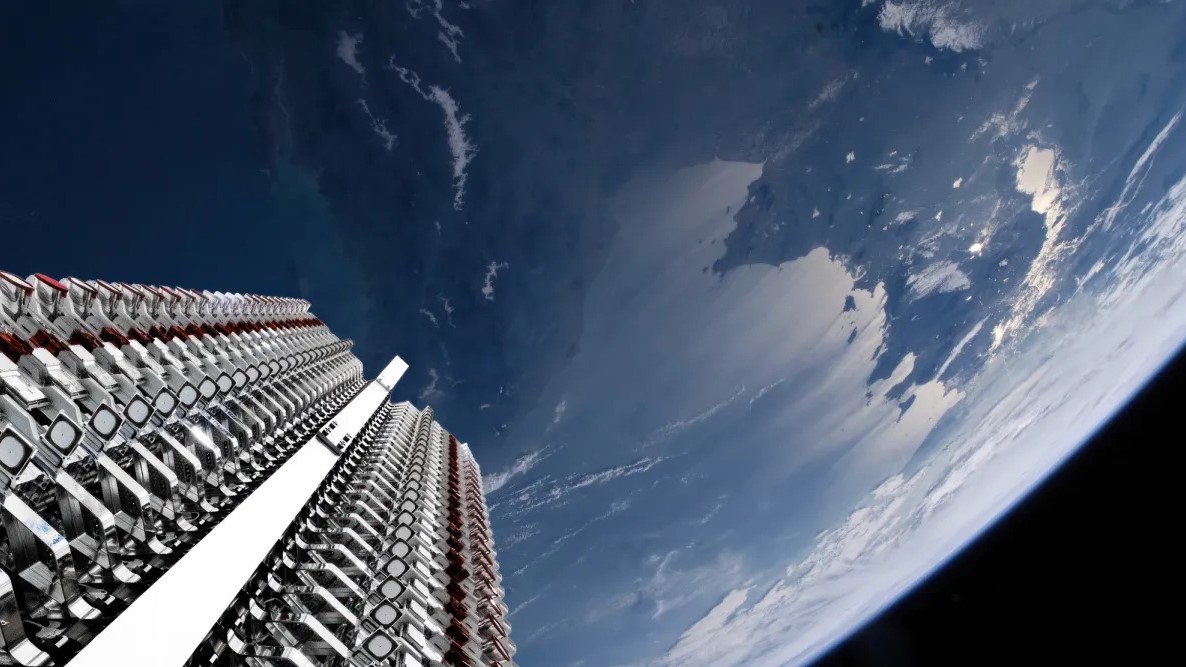News
Latest News

Save 15% on these Celestron Cometron binoculars — great stargazing for the whole family
By Harry Bennett last updated
Deals This October Prime Day deal gets you the Celestron Cometron 7x50 binoculars for just $41 at Amazon.
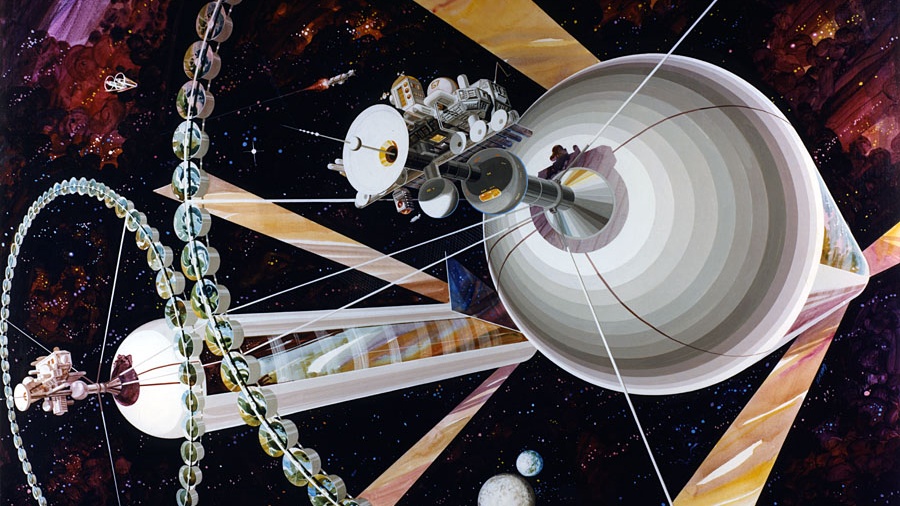
How one scientist's wide-eyed dream of giant space cities was crushed by reality
By Keith Cooper published
As part of World Space Week, which is highlighting the theme of living in space, we look at one scientist's dream of gigantic space habitats.
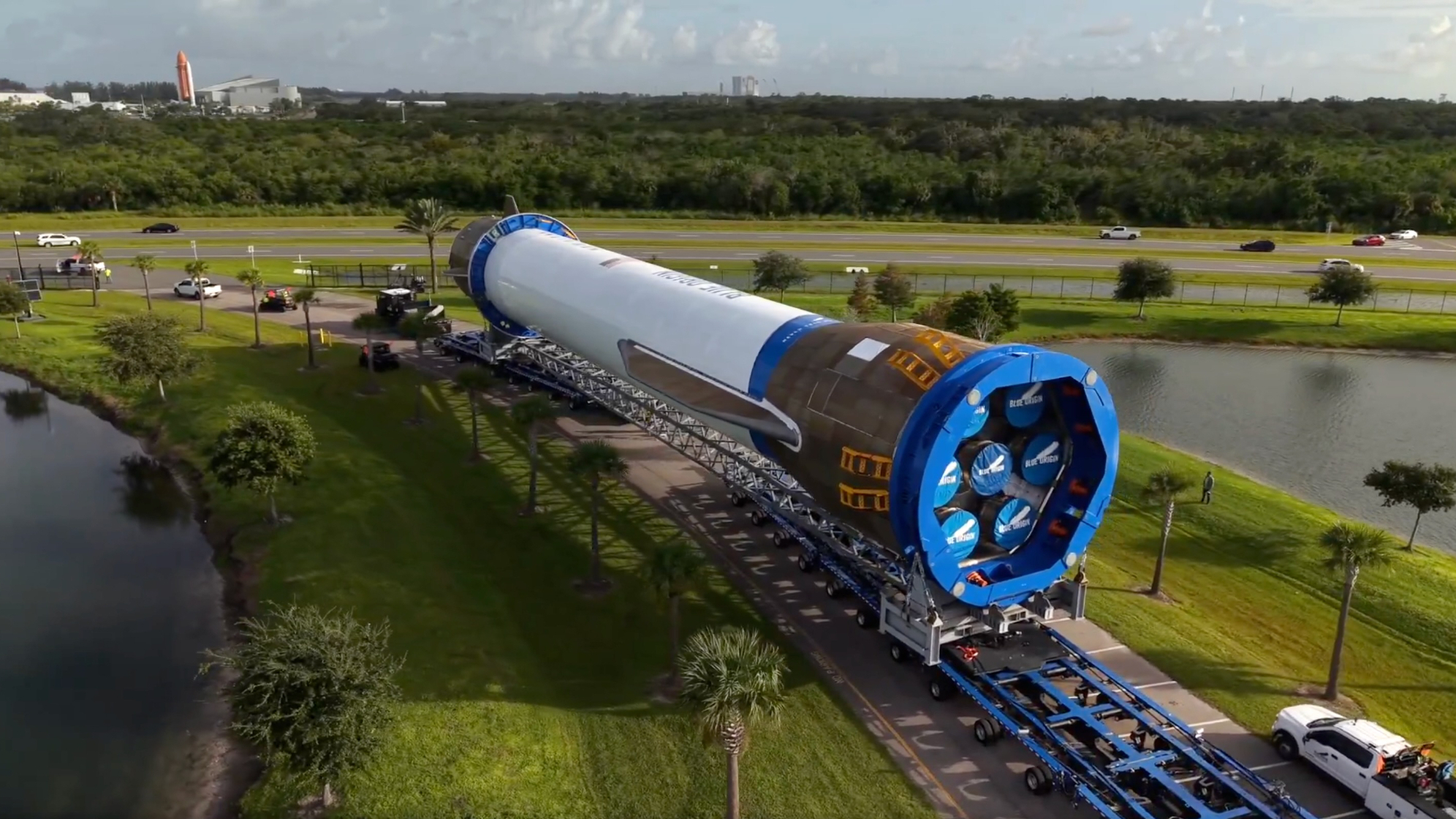
Blue Origin rolls out powerful New Glenn rocket for testing ahead of Mars launch (video)
By Mike Wall published
Blue Origin rolled the first stage of its powerful New Glenn rocket to the pad Wednesday (Oct. 8) for testing ahead of a planned launch of two NASA Mars probes.
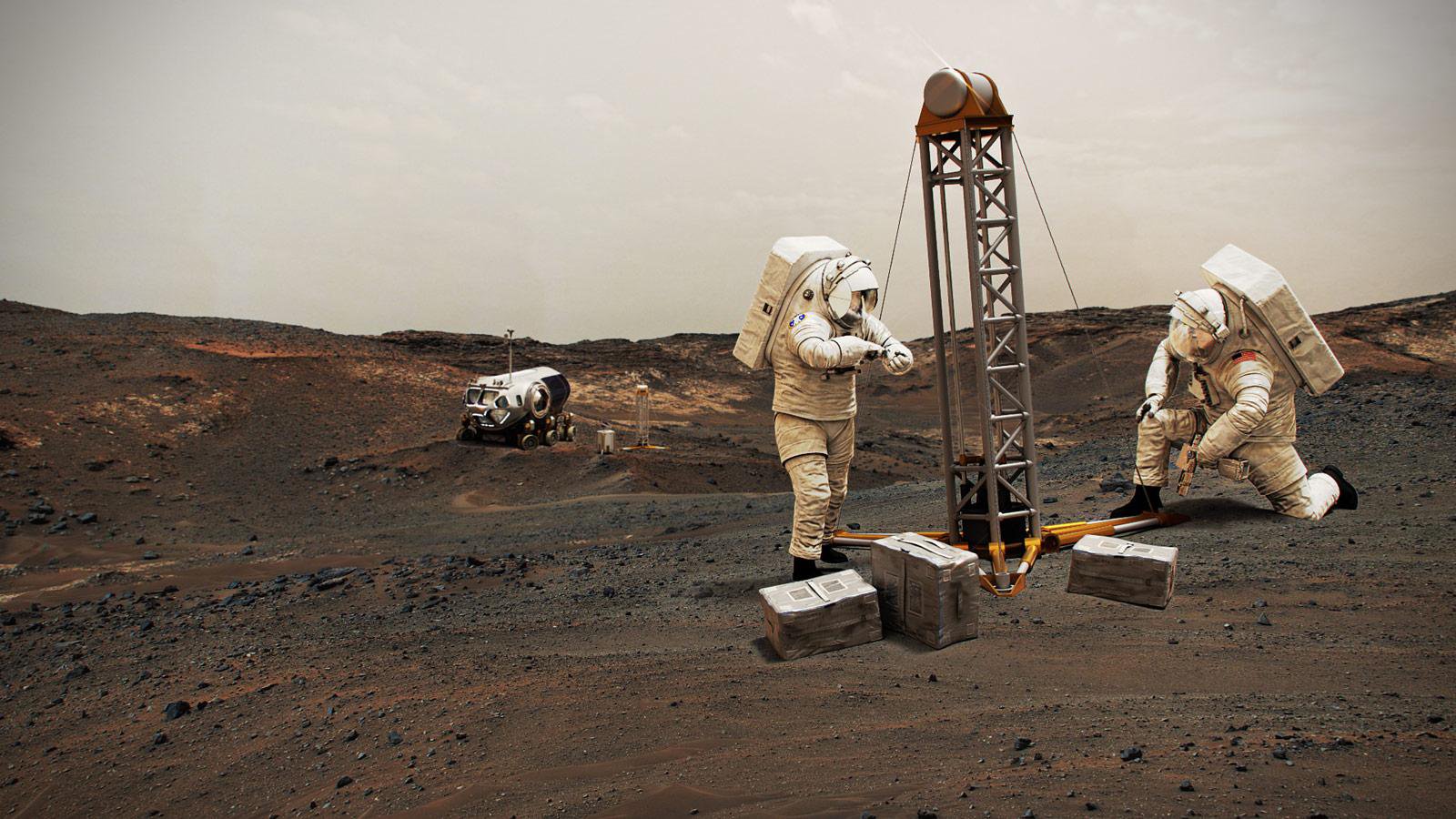
Not all alphas: Mars crews should be a mix of personality types, study suggests
By Josh Dinner published
A new study indicates that crews with a wider range of personalities perform better under pressure, possibly informing how NASA selects and trains its astronauts for future missions to Mars.
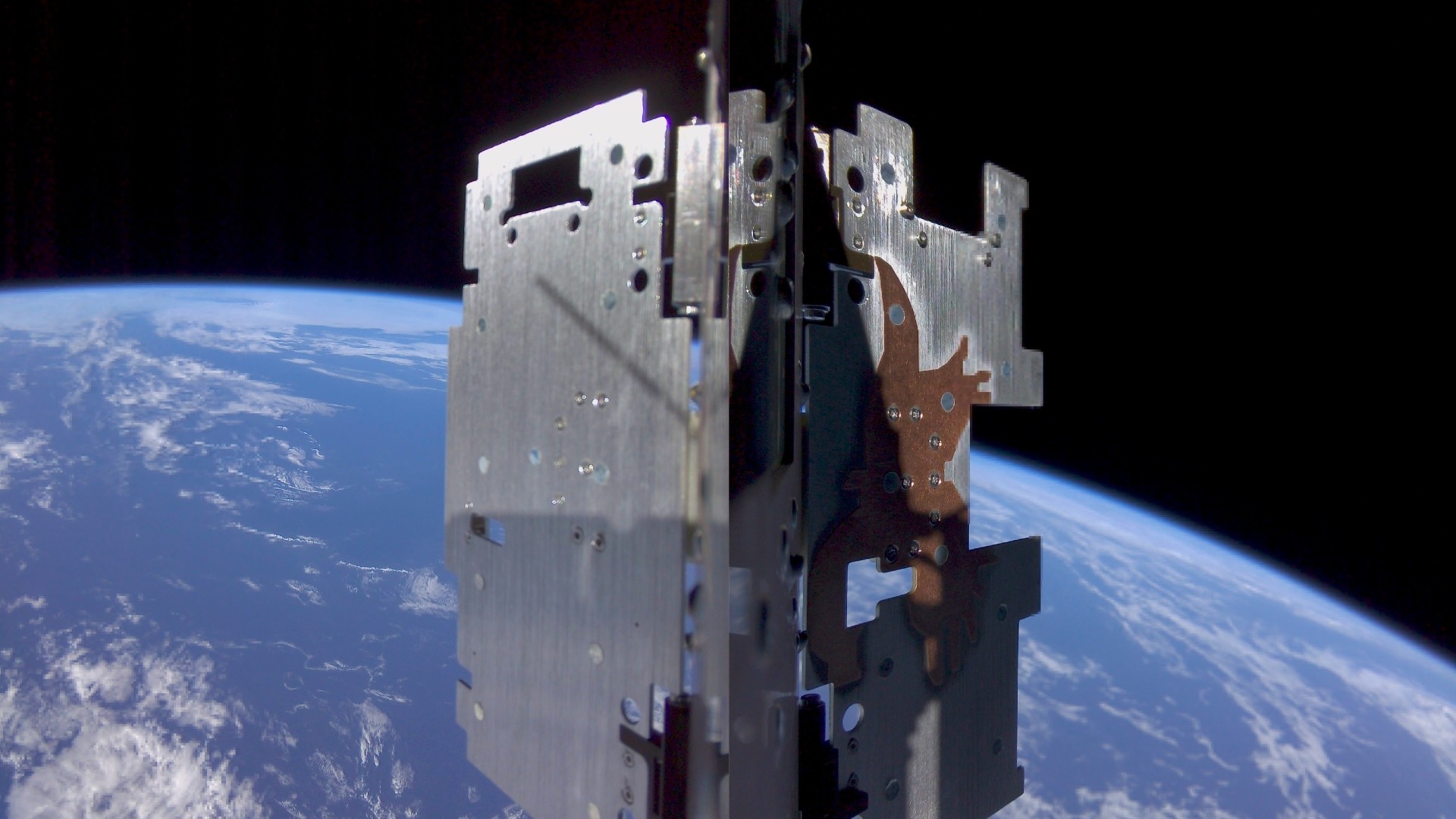
Australian nanosatellite snaps 1st selfie in space before tracking cosmic gamma-ray bursts (photo)
By Samantha Mathewson published
Australia's SpIRIT nanosatellite has snapped its first "selfie" from space, marking a successful start to its mission.
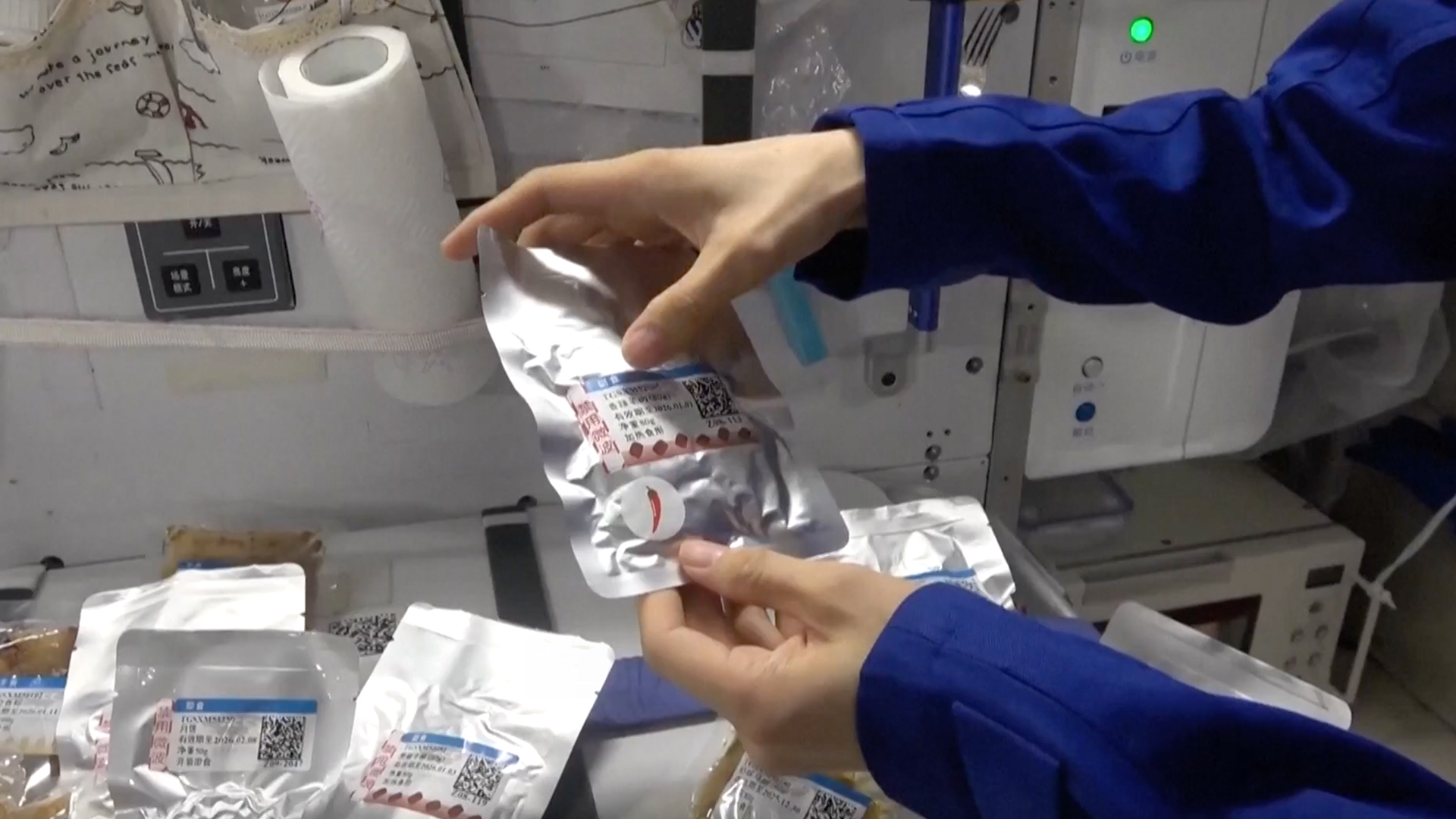
Chinese space station astronauts feast on spicy lamb, mooncakes for mid-autumn festival (video)
By Elizabeth Howell published
The crew on the Chinese Tiangong space station enjoyed tasty treats for mid-Autumn festival while spending time looking at the Earth below them.
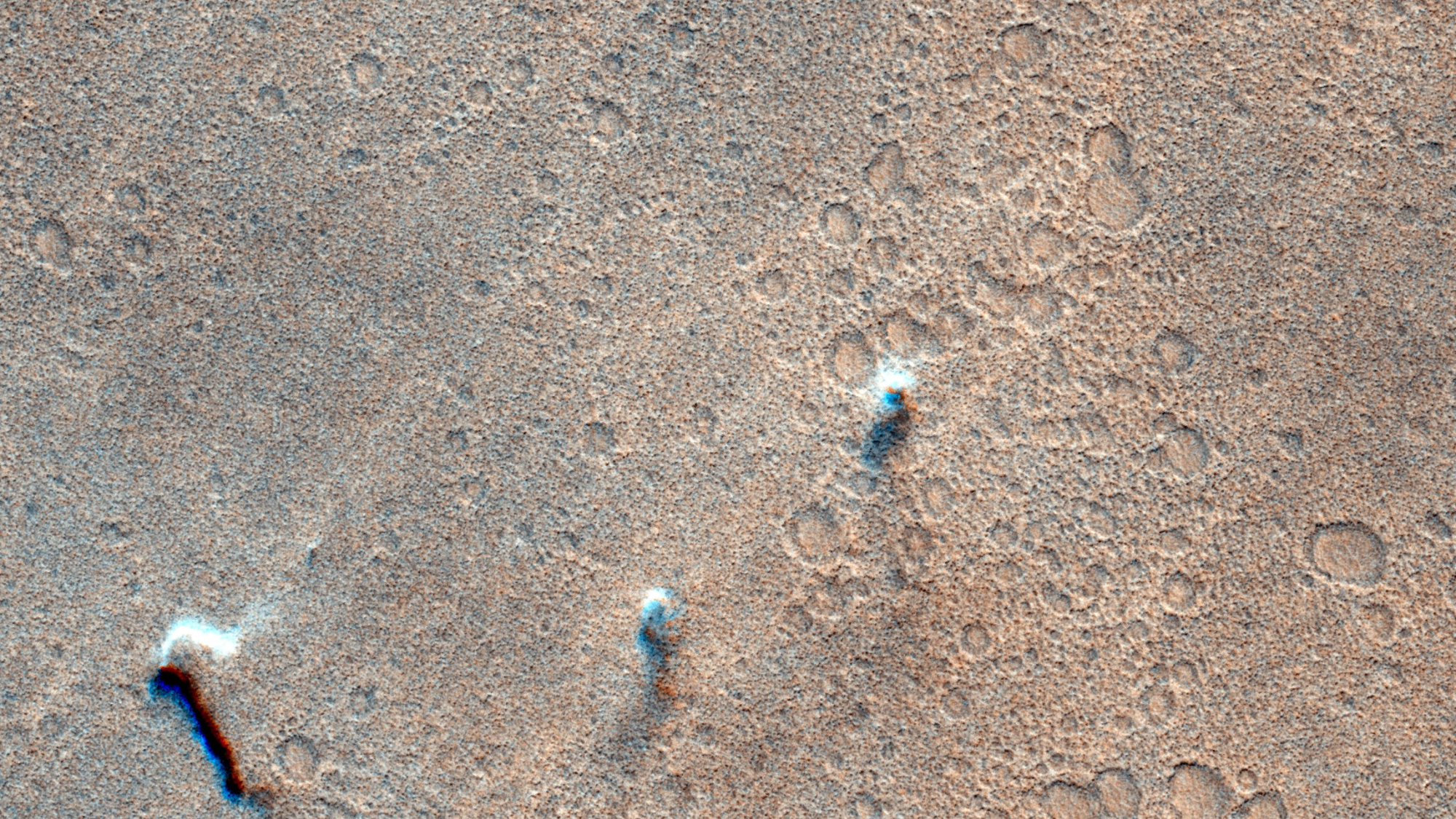
1,000 Mars dust devils! European orbiters track Red Planet's tiny tornadoes
By Sharmila Kuthunur published
Two decades of spacecraft images reveal more than 1,000 dust devils whipping across Mars at unexpected speeds, offering fresh insight into how wind and dust shape the Red Planet.
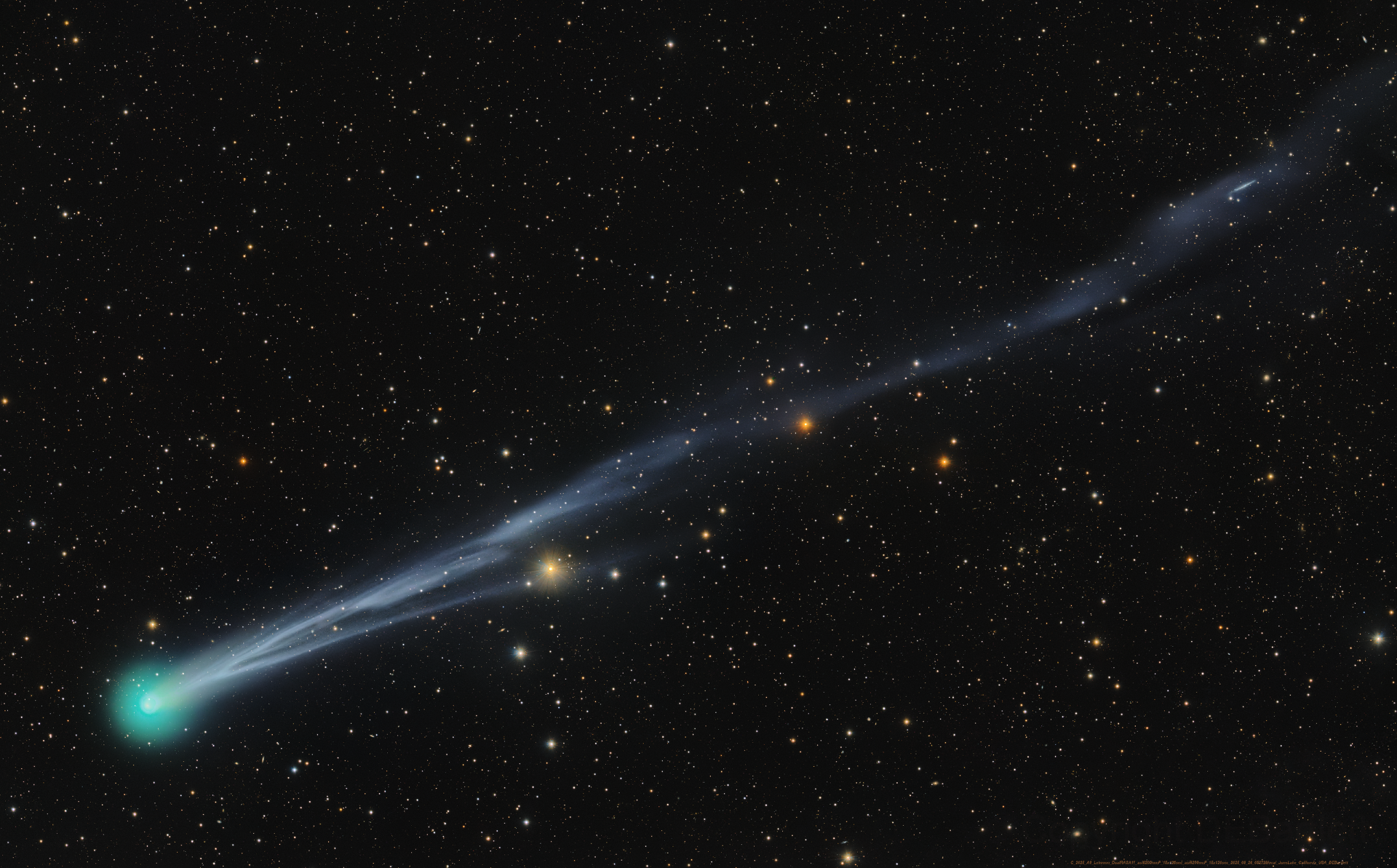
New comet Lemmon could shine bright enough to be seen with the naked eye this October
By Joe Rao published
This newly discovered comet could soon glow bright enough for the naked eye as it sweeps through October's morning and evening skies.

These are all of our favorite deals from Prime Day in October
By Harry Bennett, Alexander Cox published
Grab the best deals we have found across Lego, streaming, skywatching gear and cameras!

Watch Dune: Prophecy, Station Eleven and other Sci-Fi gems for less
By Chris McMullen published
Deals HBO Max is a treasure trove of Sci-Fi shows and movies, and thanks to this Prime Day deal, you can save 25% on Max and Starz. From sandworms to deadites, you really can't go wrong with this deal.
Breaking space news, the latest updates on rocket launches, skywatching events and more!
